Japanese experts call for mechanism to ensure truce, well-being of civilians
Japanese scholars advised the Group of Seven member states to call for an immediate cease-fire in the ongoing Israel-Palestine conflict at the G7 Foreign Ministers' Meeting in Tokyo, although they have low expectations for the G7 members to find common ground on the issue.
The two-day Tokyo meeting, chaired by Japanese Foreign Minister Yoko Kamikawa, started on Tuesday.
It is the second G7 Foreign Ministers' Meeting in Japan this year, following the previous one in April in Karuizawa, Nagano prefecture. United States Secretary of State Antony Blinken, along with the foreign ministers of the United Kingdom, France, Germany, Italy and Canada, and a representative of the European Union, attended the meeting.
Participants are expected to exchange views on a range of topics, with the Israel-Palestine conflict as a key item on the agenda, Japanese public broadcaster NHK reported.
"G7 member states should call for an immediate humanitarian cease-fire in the current Israeli-Palestinian crisis," said Ukeru Magosaki, co-representative of the Association for Inheriting and Propagating the Murayama Statement, a Japanese civic group dedicated to upholding the 1995 Murayama Statement that admits Japan's wartime mistakes.
"However, until now, the US, the UK, Germany, France, Italy and Canada have emphasized solidarity with Israel against the Hamas attack. Nevertheless, the world overwhelmingly calls for a humanitarian cease-fire. Emphasizing solidarity with Israel by these countries could lead to G7 distancing itself from the world," said Magosaki.
On Monday, Zhang Jun, China's permanent representative to the United Nations, and Lana Nusseibeh, permanent representative of the United Arab Emirates to the UN, jointly delivered a statement on the situation in Gaza.
They said the UAE and China express grave concern at the continued attacks by Israel on civilian facilities in the Gaza Strip. They also called for an urgent humanitarian cease-fire.
Zhai Jun, special envoy of the Chinese government on the Middle East issue, met with US Ambassador to China Nicholas Burns on Tuesday. They exchanged views on the current Palestine-Israel conflict and the situation in the Middle East, among other issues.
A spokesperson for Japan's foreign ministry said it was expected that the G7 countries have different positions, Reuters reported.
Establishing system
Satoshi Tomisaka, a professor at the Institute of World Studies at Takushoku University in Tokyo, said a system should be established to ensure a temporary cease-fire and the basic well-being of the people in Gaza.
"In regard to the Israeli-Palestinian conflict, many conscientious people from around the world are deeply dismayed by Israel's inhumane bombings, targeting of hospitals, refugee camps, schools and even ambulance convoys. They are particularly saddened by the extensive loss of life in Gaza," said Kumiko Haba, professor emeritus at Aoyama Gakuin University in Tokyo.
More than 10,000 Palestinians, including over 4,000 children, have been killed in Gaza in the ongoing conflict, according to the Palestinian health ministry in Gaza.
Israeli forces retaliated against Hamas after the militant group launched a cross-border attack on Israel on Oct 7.
"While it would be desirable for the G7 to call for a halt to Israel's airstrikes and ground operations, it appears challenging, especially since the US is currently engaged in negotiations with Israel," said Haba, who is also president of the Asia-Pacific regional division of the International Studies Association.
"Japan, being reliant on energy resources such as oil and gas from the Middle East, should also take a more proactive stance in advocating for a cease-fire," Haba added.
"At present, there is little hope for a humanitarian cease-fire. However, if the fighting continues to escalate, the flames of war will spread throughout the Middle East, and if Iran joins the conflict, the threat of a world war cannot be denied," said Kazuyuki Hamada, an international political scientist and a former parliamentary vice-minister for foreign affairs of Japan.
"The most effective shortcut to avert a crisis would be for the US, Israel's largest backer, to offer Israel an early cease-fire and barter for funds and technology for energy development," he said.
During the meeting, the foreign ministers are also expected to exchange views on the situation in Ukraine and the Asia-Pacific region.
G7 support for Ukraine in its conflict with Russia will not be affected by the intensifying Middle East conflict, Japan said on Tuesday, as the group's foreign ministers prepared to hold virtual talks with Kyiv during the meeting, Reuters reported.
Tomisaka from Takushoku University said all parties should explore a "realistic cease-fire that both sides can accept within a multilateral framework".








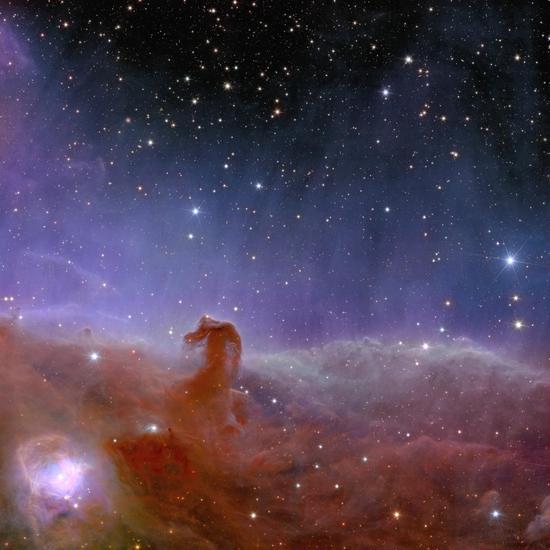
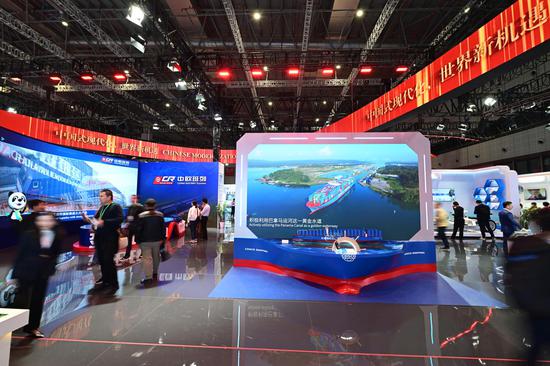
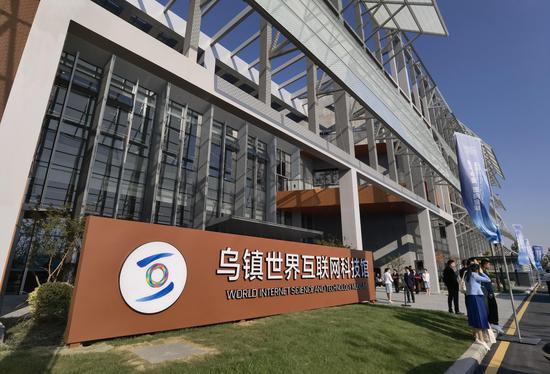

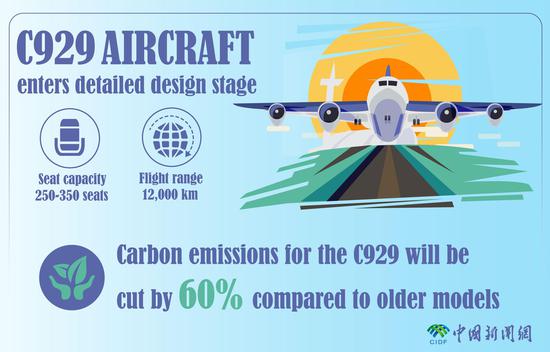
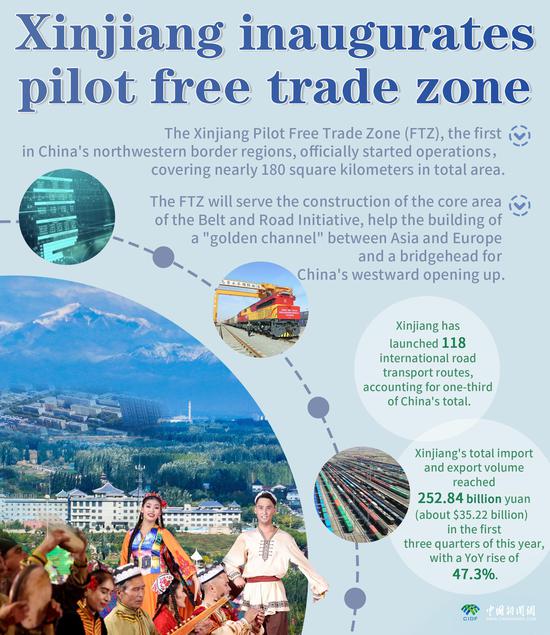




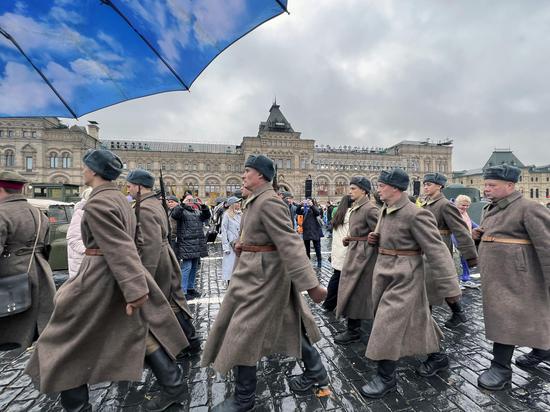
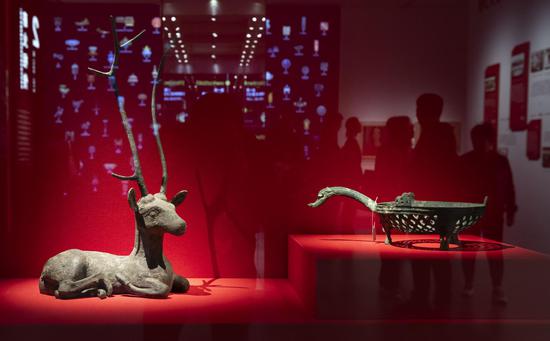

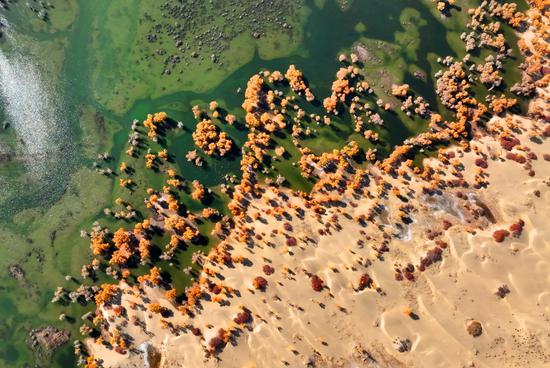
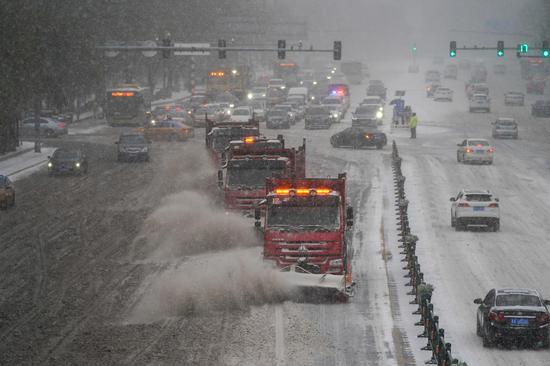
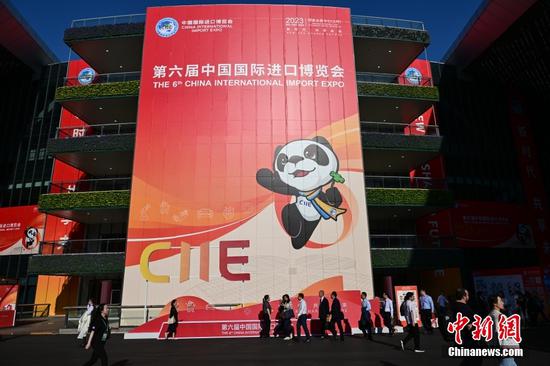



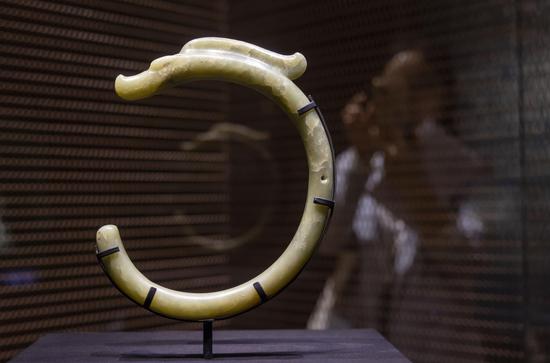

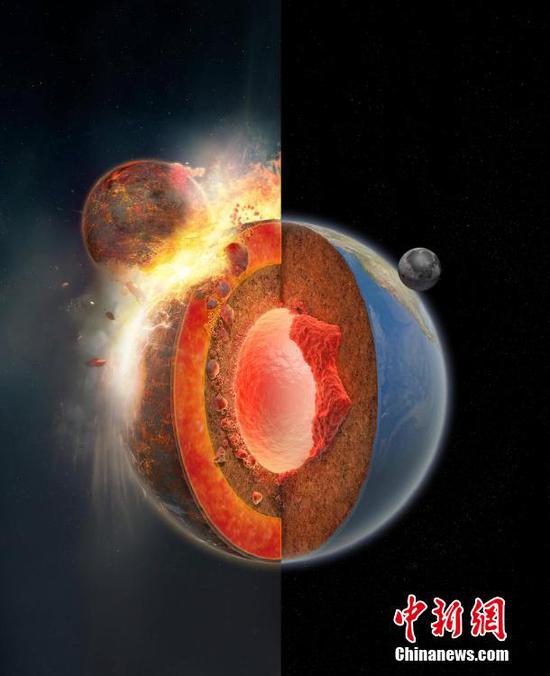
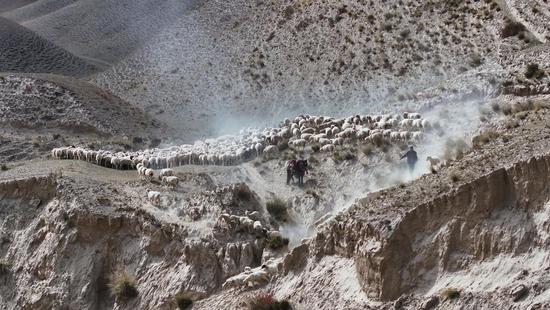
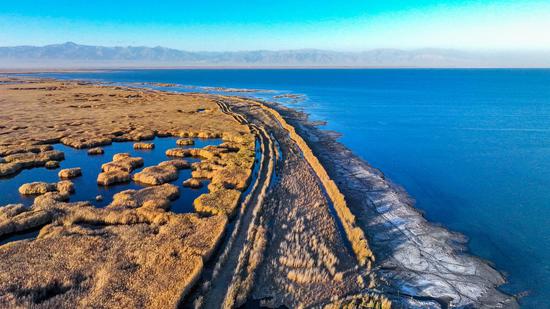
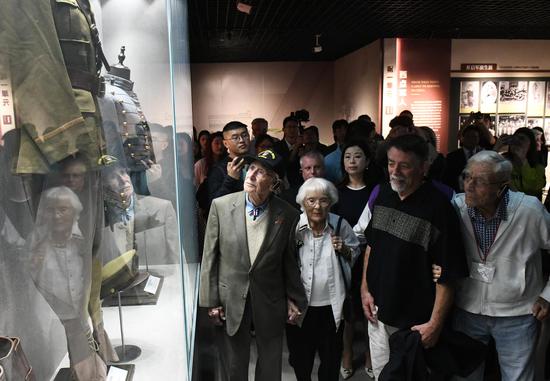
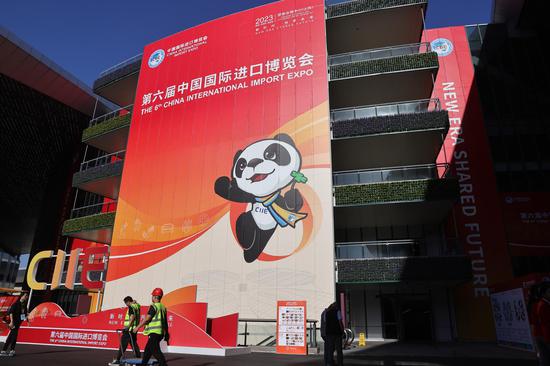
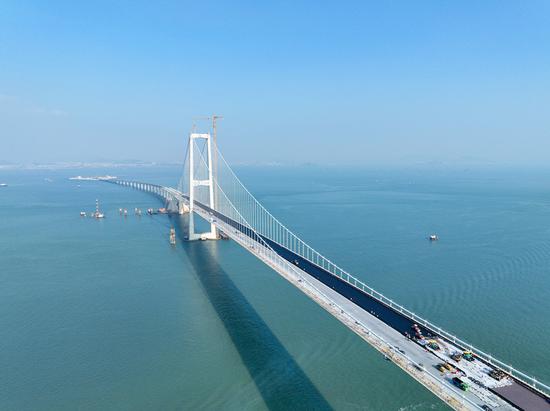


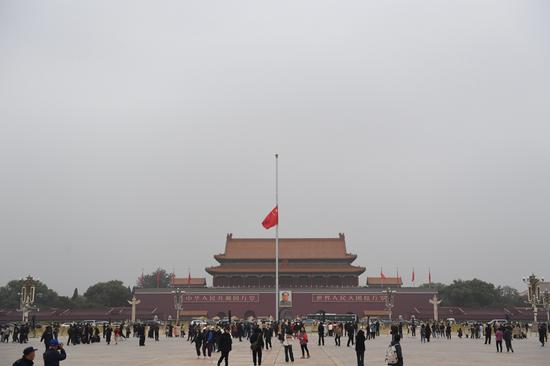
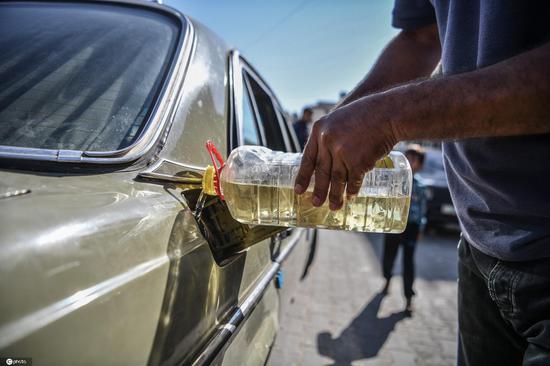


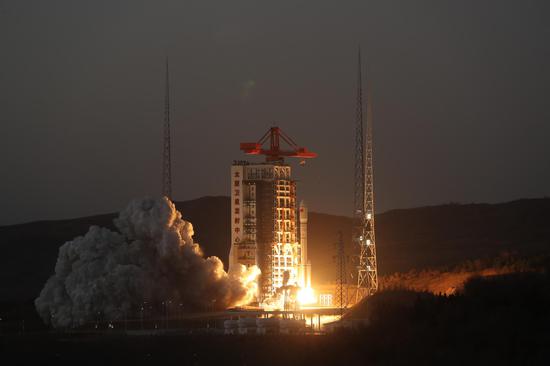
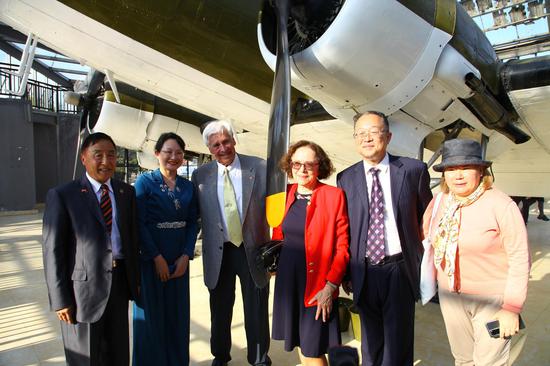







 京公网安备 11010202009201号
京公网安备 11010202009201号